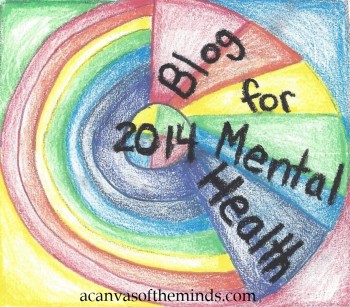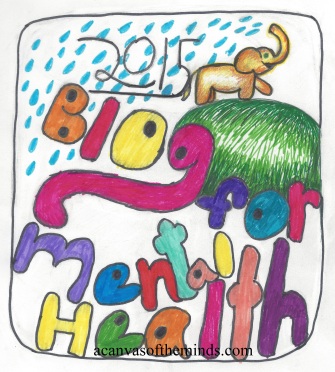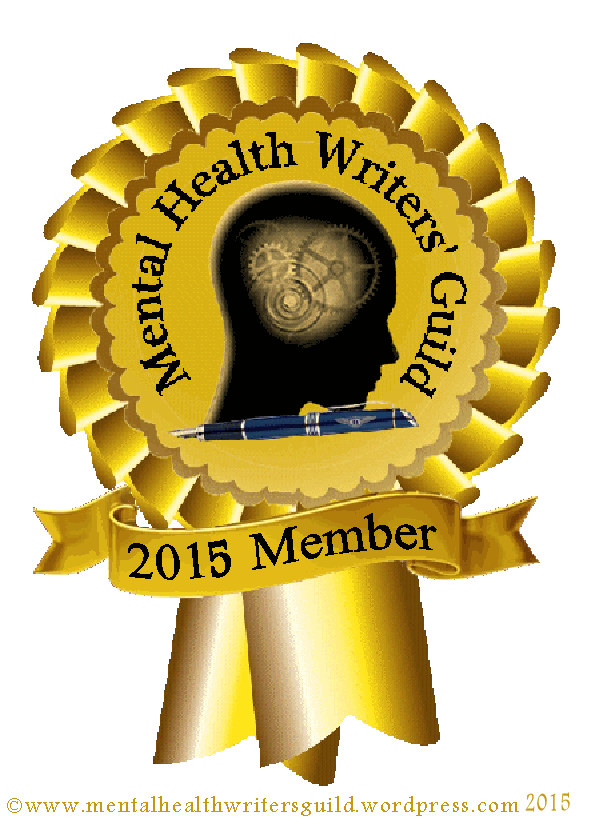
In a previous post, I wrote about how using post-apocalyptic strategies to motivate yourself by turning everything into a crisis is not an effective way to manage your psychological resources. If you use shame and fear to motivate yourself–Get up and go to work, you loser! You’re just being weak and lazy!–it may work, but there’s a high price to pay.
Last week my 40 year old brother, the one who struggles with depression and anxiety, had a mild heart attack and had to undergo quadruple bypass heart surgery. They said it was amazing he was walking around at all, given that his arteries were 99% clogged. The only reason he saw a doctor is because he felt guilty for being too weak to go to work and wanted medical evidence to verify that he wasn’t just being lazy.
In fact, because he thought he was just being weak, he tried to overcome his fatigue by drinking Red Bull and forcing himself to do rigorous cardio workouts.Willing himself to commute 2 hours to and from work, to override his anxiety about his job with drill sergeant self-talk. And it almost killed him.
I’m beginning to think that reincarnation isn’t just about life after death. It’s about the opportunities for rebirth, here on earth. That’s why we celebrate the new year. Birthdays and anniversaries. That’s why people who go through personal tragedies often say that the experience saved their life.
Before the surgery my brother felt like his life wasn’t valuable because his depression and anxiety made it hard for him to hold a job. He’s not married and doesn’t have kids. He hasn’t done anything heroic. The thing that he was the most proud of was his physical strength. But right now plugging in the charger to his phone is challenging and leaves him out of breath.
Apparently it’s common to feel depressed after heart surgery, and given that he’s already prone to depression, I was worried about what his mental state would be. Surprisingly, this is the most at peace I’ve seen him. His goals are different now–to give up stressing about the little things, drill sergeant strategies, and other people’s definitions of success. He is more appreciative of the small things, like being able to sit without being in pain. And, perhaps most importantly, he finally understands how strong he is.
This ordeal has been helpful to me, as well. I still struggle with feeling weak and pathetic because I can’t do the things that other people do. My colleagues are able to handle their case load and responsibilities without becoming depressed and suicidal at the end of the term. Our services are in high demand, which is good for job security but not good for setting limits. I feel pressure to push myself beyond what I know I can handle, and I berate myself when I crash and burn.
But to see the undeniable evidence that my brother was insanely mentally and physically tough when he felt weak and irresponsible reminds me that I am strong, too. I don’t need to prove it by pushing myself to my breaking point. Trying to live up to other people’s expectations isn’t worth dying over. I’m going to accept my limits without being ashamed. I’m going to start standing up for myself. I’m going to say no when I know it’s too much.
One of the most valuable lessons that my brother learned from this experience is that you don’t have to train yourself for every possible crisis to prove that you’re strong. You can just have faith that when you need it, you will have the strength to face whatever comes your way. That you already have everything you need to survive.














